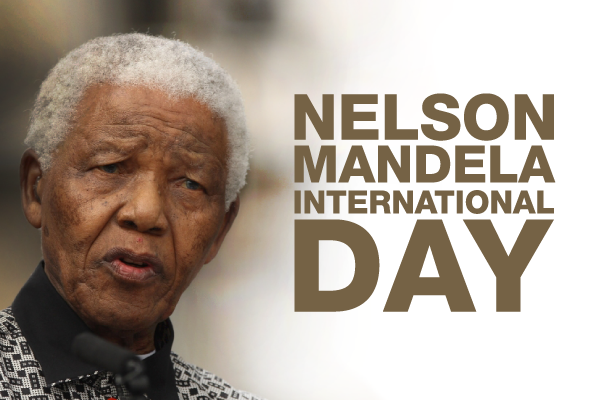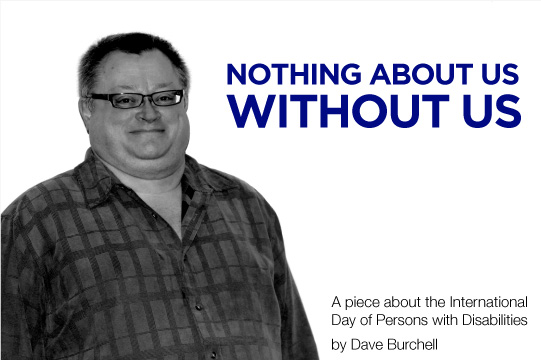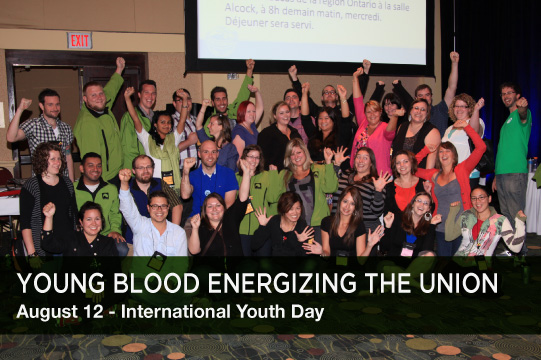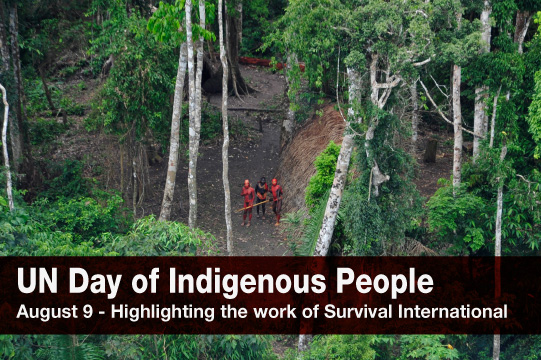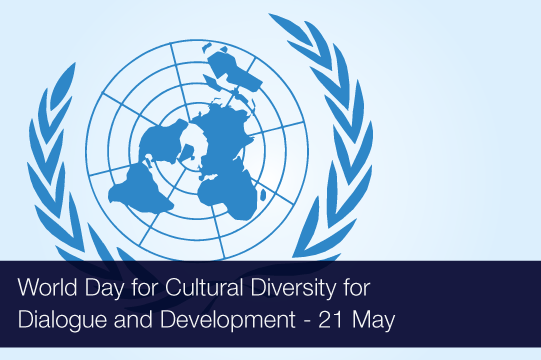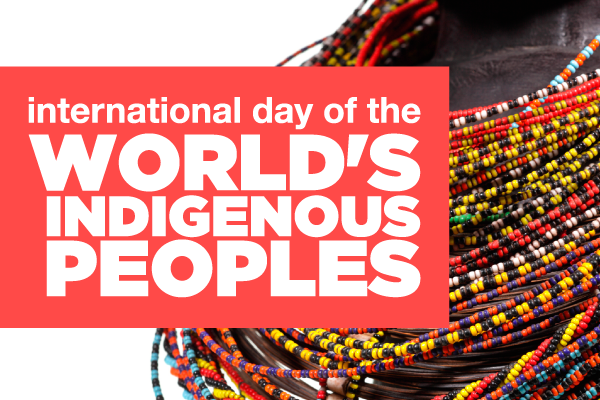
August 9 is the International Day of the World’s Indigenous People. The United Nations created this day 18 years ago “to strengthen international cooperation for solving problems faced by indigenous people in such areas as human rights, the environment, development, education and health.”
In honour of the 18th anniversary of day, Survival International, a non-profit organization working for tribal peoples’ rights worldwide, has created the following photographic gallery featuring 18 images of tribal and indigenous communities and their land.
Survival International is perhaps best known for their work to protect the lands of uncontacted tribes. Oil industries and illegal logging are encroaching on their land. They also pose a serious threat to these tribes; contact with outsiders could expose them to infectious diseases and wipe them out. To survive, uncontacted tribes must be left alone and their lands ought to be protected.
We encourage you to visit Survival International’s website to find out more and to get involved. You can start by sending a letter asking Brazil’s Minister of Justice to stop the loggers who are invading the uncontacted Awá’s land.
